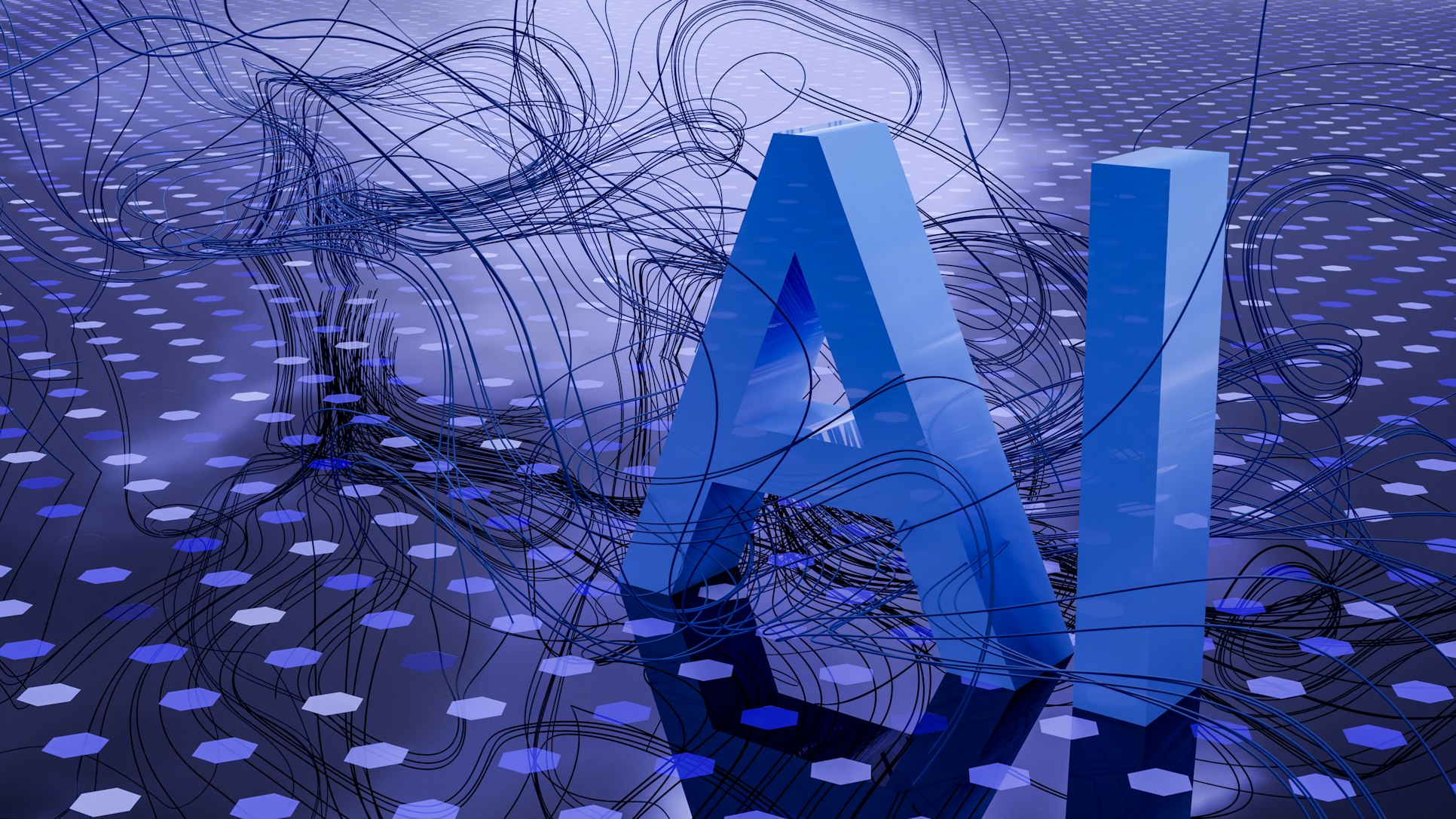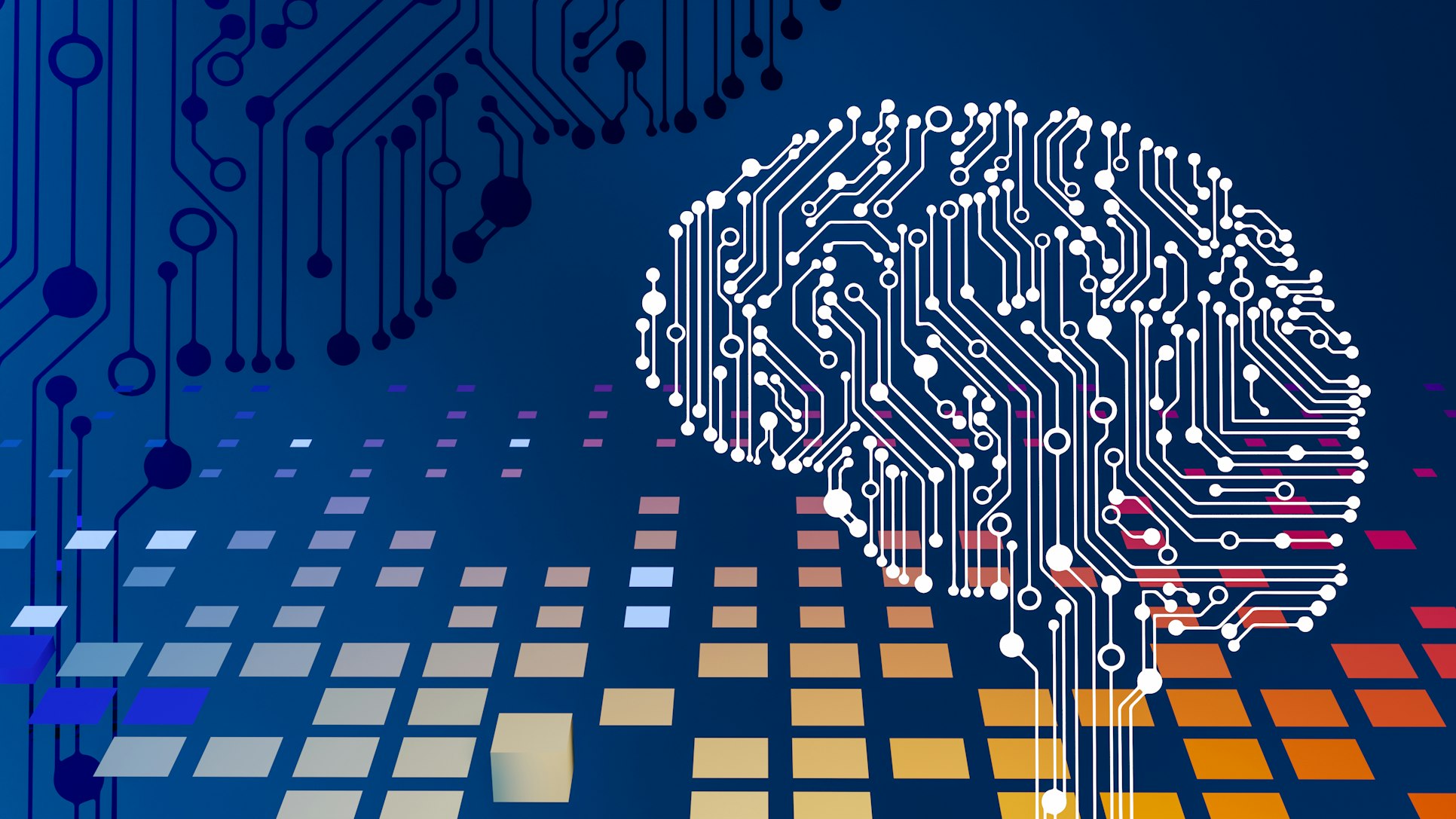Artificial Intelligence (AI) has rapidly transformed various industries and aspects of our daily lives. As the capabilities of AI continue to evolve, it has become increasingly crucial to acknowledge the significance of human oversight in AI development. This article explores the multifaceted role of humans in the advancement of AI, highlighting the ethical considerations, creative empowerment, diversity challenges, and the future collaboration between humans and AI in development processes.

The Role of Human Oversight in AI Development
Human intervention and oversight play a critical role in the ethical implementation of AI technologies. The importance of ethical considerations cannot be overstated, as AI systems often make decisions that can have profound impacts on individuals and society as a whole. Human oversight ensures that AI is developed and utilized in a responsible and ethical manner. It involves scrutinizing and guiding the decision-making processes to uphold moral and societal standards.
However, balancing human control with AI autonomy presents a significant challenge. While human intervention is essential for ethical decision-making, excessive control can hinder the potential of AI to process vast amounts of data and derive valuable insights. Striking a balance between human and AI control is crucial to harness the full potential of AI while upholding ethical standards.
Impact of AI Image Generator Technology
One of the remarkable advancements in AI technology is the development of AI image generators, some of which serve successfully as NSFW AI generators, which have revolutionized the creation of visual content. Understanding the ethical implications of AI-generated imagery is paramount, as these technologies raise concerns about potential misuse and manipulation. Despite the transformative applications of AI image generators across various industries, careful consideration of their ethical usage is essential to mitigate the risks associated with AI-generated images.
Addressing potential misuse and manipulation of AI-generated images is crucial to prevent the spread of misinformation and disinformation. It is imperative to establish guidelines and regulations to govern the creation and dissemination of AI-generated imagery, thereby safeguarding against malicious intent and maintaining the integrity of visual content.
Empowering Human Creativity Through AI
AI has emerged as a powerful ally in augmenting human creativity across diverse fields. Collaborative opportunities between humans and AI in creative endeavors have expanded the realms of innovation and expression. By leveraging AI assistance, individuals in creative fields can explore new possibilities, overcome challenges, and push the boundaries of conventional creativity.
Despite the invaluable assistance provided by AI, the psychological effects of AI on human creativity warrant attention. While AI can enhance efficiency and expand creative capabilities, it is essential to consider its impact on the psychological well-being of individuals. Understanding the interplay between human creativity and AI assistance is crucial to fostering a harmonious and sustainable partnership.
Overcoming Bias and Diversity Challenges in AI Development
Identifying and addressing bias in AI algorithms is a pressing concern that demands human intervention. AI systems are susceptible to biases that can perpetuate inequality and discrimination. The role of human input in scrutinizing and rectifying biased algorithms is pivotal to ensure the development of fair and equitable AI systems.
Promoting diversity and inclusivity within AI development teams is equally essential. A diverse team composition enriches the perspectives and insights brought to AI development, resulting in more comprehensive and unbiased outcomes. Embracing diversity fosters an environment where ethical considerations and the broader societal impacts of AI technologies are thoroughly evaluated.
The Future of Human-AI Collaboration in Development
As the landscape of AI development continues to evolve, exploring the potential of augmented intelligence – the symbiotic collaboration between humans and AI – holds tremendous promise. Augmented intelligence integrates human creativity, intuition, and ethical judgment with AI’s analytical capabilities, paving the way for more robust and responsible development processes.
Prioritizing moral judgments will always be crucial in the progression of human-artificial intelligence partnerships. Achieving harmony between ethics managed by humans and the independence of AI will be vital in unlocking the complete power of AI technologies while avoiding unforeseen repurcussions. Recognizing the chances for individual and career development that come from the cooperative alliance between humans and AI in the field of evolution is indispensable.
However, this alliance must be based upon a solid ethical framework that safeguards human values and respects human dignity. Key ethical principles such as transparency, accountability, and privacy must be upheld and integrated within AI systems. For human-AI partnerships to be effective, systems must be designed so that they allow humans to understand how decisions are made, challenge outcomes, and manage potential mistakes or biases.
In addition, moral education will play a crucial role in the evolution of AI technology. Each stakeholder involved in AI implementation – researchers, developers, users, regulators – must possess a moral awareness that guides their actions and decisions. Vulnerable groups and individuals must also be protected from potential AI misuse or harm.
In the world of AI, where innovation happens at a breakneck pace, ethically-guided practices and decisions remain the fulcrum for the successful integration of AI into society, and the stability of the human-AI relationship. This ensures that AI is not just technically advanced, but is also morally responsible, and consistently serves the interest of all stakeholders in a respectful and transparent way.

Final Words
For humanity to fully benefit from the AI-human partnership, morals, ethics, and the respect for human dignity must be at the forefront. They are the pillars of responsible AI and must be prioritized to ensure a balanced and beneficial cooperation between humans and AI.









